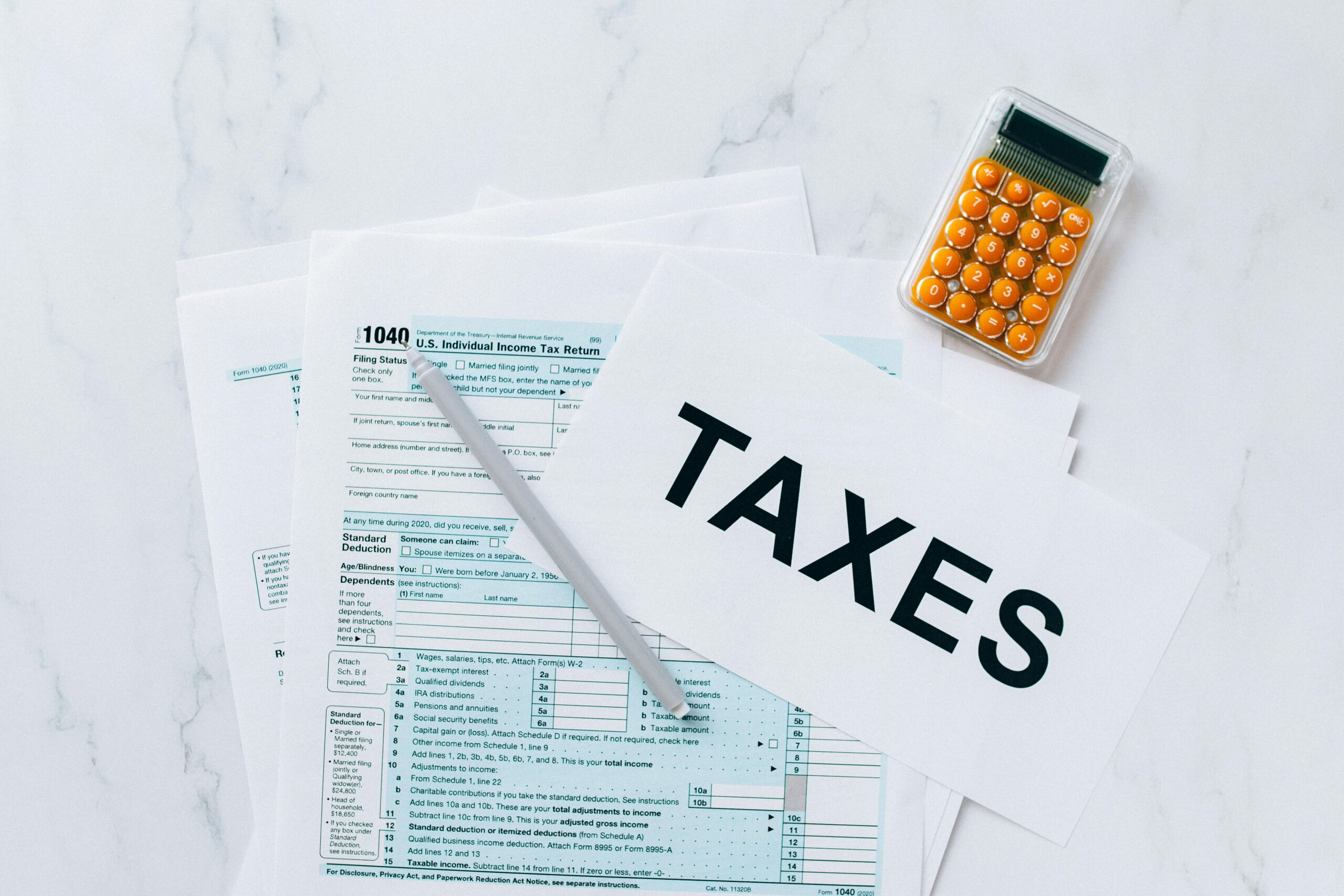
The many benefits of owning rental properties are well known. Unlike other investments, real estate offers multiple avenues for profitability, including monthly cash flow, property appreciation, equity growth from mortgage paydown, and the ability to use depreciation to reduce tax expenses. ALL GOOD THINGS!
Of course, it’s essential to report income, expenses, and depreciation accurately to the IRS at tax time. Here’s updated guidance for 2025 on what rental income must be reported and which expenses can reduce your tax burden.
Rental Income that Must be Reported
Rent Collected – Most rental owners report on a “cash basis,” meaning income is reported when received. For example, if a tenant’s rent is due on January 1, 2025, but is paid on December 29, 2024, the rental income must be included in the 2024 tax filing.
Lease Buyouts – If a tenant terminates their lease early and pays a buyout fee, that amount must be reported as income.
Rent Bartered – If a tenant terminates their lease early and pays a buyout fee, that amount must be reported as income.
Additional Charges – Any fees collected for services such as pool maintenance, landscaping, or utilities should be reported as rental income.
Kept Security Deposits – If a portion of a refundable security deposit is retained for damages or unpaid rent, that amount must be reported as income. However, these costs can be deducted as expenses when used for repairs.
Bottom line – money collected, the value of services, and deposits that are kept for damages are all income. Fortunately, tax laws also allow for deductions to reduce taxes owed. The key is maximizing your deductions.
8 Primary Deductions for Rental Property Owners
Interest – Often one of your most sizeable deductions, it includes the interest you pay on:
-
- Your mortgage
- Short-term loans for repairs or improvements
- Credit card interest if the purchases charged were for rental repairs or improvements
Depreciation – Some costs/expenses cannot be deducted in its entirety the year they were purchased but can be depreciated over a set number of years. This includes:
-
-
The cost of the rental property itself
-
Major improvements, such as a new roof or HVAC system
-
Appliances (unless qualifying for a Section 179 deduction)
-
Under Section 179, if your rental qualifies as a business, you may deduct the full cost of certain purchases (e.g., appliances, office equipment, maintenance tools) in the year they were bought.
Repairs – Routine repairs such as fixing leaks, patching drywall, and replacing broken locks can be deducted in the year they occur. Major upgrades (e.g., a full kitchen remodel) are considered capital improvements and must be depreciated.
Labor and Professional Fees – Wages paid to employees or independent contractors for maintenance, landscaping, or management services are fully deductible. Additionally, professional fees (e.g., accountants, attorneys, consultants) are deductible business expenses.
Home Office – If you use a home office exclusively for managing rental properties, expenses such as rent, utilities, and office equipment may be deductible, provided IRS guidelines are met.
Insurance – Premiums for various insurance policies related to rental properties can be deducted, including:
-
-
Property insurance (fire, flood, liability, etc.)
-
Landlord liability insurance
-
Workers’ compensation or health insurance for employees
-
Travel – Expenses related to managing rental properties, such as travel for inspections or repairs, can be deducted:
-
-
Local travel – Mileage, gas, and vehicle maintenance expenses may be deducted based on actual costs or standard IRS mileage rates.
-
Long-distance travel – Flights, lodging, and meals for property-related trips may be deductible, subject to IRS requirements.
-
Casualty and Theft – If your rental property is damaged due to theft or a natural disaster, you may be able to deduct losses not covered by insurance. Check with a tax professional to ensure compliance with IRS regulations.
Summary – When filing taxes, it’s crucial to report all rental property income while maximizing available deductions. Consult a tax professional to ensure compliance and take advantage of every deduction.
About Rentals America
Rentals America provides full-service property management for residential rental properties. Our team is completely dedicated to property management and we’re here to help landlords navigate the rental market.








